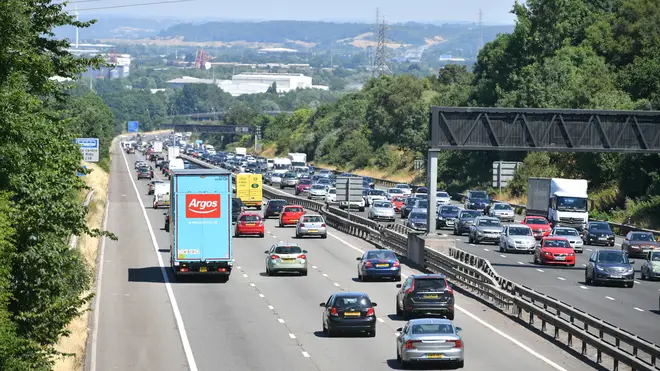
James O'Brien 10am - 1pm
2 December 2020, 18:45 | Updated: 3 December 2020, 11:21

December is also typically a more expensive month to take out a new car insurance policy, comparethemaket.com said.
Motorists could typically save more than £300 by switching their car insurance three weeks before their existing policy is due to end, rather than waiting until the last day, analysis suggests.
Someone switching on the last day of their policy faces paying an average of £776, compared with £457 had they switched three weeks earlier – a £319 difference – comparethemarket.com found.
It said typical costs increase the closer to the day the policy ends, with an average of £493 two weeks before and £565 one week before it expires.
Despite the significant savings to be made from finding deals early, around a third (34%) of drivers wait until the day before or the day a policy ends to switch provider, comparethemarket.com estimates.
The research also found that December can typically be a costly month to take out a new car insurance deal.
The average premium in December over the past eight years has been £61 higher than the average premium during the rest of the year.
Throughout the year, the price of insurance tends to steadily increase before peaking in December and falling in January.
Dan Hutson, head of motor insurance, comparethemarket.com, said: “The cost of car insurance varies at different points of the year and this is something that people should bear in mind when looking to renew their policy.
“There are many reasons for this, including that the cost of a policy reflects the level of demand in the market at any given moment, along with a range of factors based on a person’s risk profile.
“In December, people may be thinking about car insurance less, and so some insurers could charge higher prices based on this reduced demand.
“The cost of car insurance then drops significantly in January as insurers compete to attract customers as they start to look at their bills after the Christmas break.”